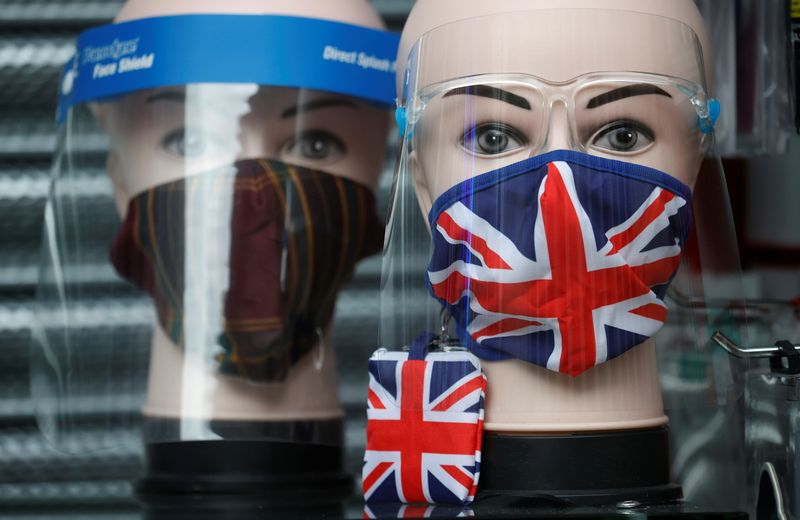UK variant linked to high viral loads, Neanderthal gene offers protection

By Nancy Lapid
(Reuters) – The following is a roundup of some of the latest scientific studies on the novel coronavirus and efforts to find treatments and vaccines for COVID-19, the illness caused by the virus.
UK coronavirus variant associated with higher viral loads
The highly infectious COVID-19 coronavirus variant that has been circulating in Britain is linked to higher loads of the virus in the blood, according to a research report published on medRxiv on Sunday ahead of peer review. Around 35% of patients infected by the variant form had very high levels of the virus in their samples, compared to 10% of patients without the variant, study leader Michael Kidd of Public Health England and Birmingham University told Reuters. Higher viral loads have been linked with worse COVID-19 outcomes. The tests were conducted at the Birmingham Turnkey Lab. Kidd said additional study was needed to confirm or refute the findings. If confirmed, he hopes scientists will investigate how this particular variant manages to make more copies of itself in infected patients. (https://
Neanderthal gene protects against COVID-19
A specific form of a protein passed down from Neanderthals protects against severe COVID-19, and medications that boost levels of this protein could potentially help treat the disease, according to a study reported on medRxiv on Thursday ahead of peer review. The protein, called OAS1, is involved in the body’s response to viruses. People with higher levels of the Neanderthal-related form of OAS1 are less susceptible to COVID-19, and if they do become infected, they are at lower risk for hospitalization, intubation and death, the researchers found. “This protective form of OAS1 is present in sub-Saharan Africans but was lost when the ancestors of modern-day Europeans migrated out of Africa. It was then re-introduced into the European population through mating with Neanderthals” who lived more than 40,000 years ago, said coauthor Brent Richards from the Jewish General Hospital and McGill University in Montreal. An earlier study linked a cluster of genes inherited from Neanderthals to higher risks of hospitalization from COVID-19. “These findings further implicate Neanderthal ancestry in COVID-19 severity,” Richards said. (https://
Early antibody production key to COVID-19 recovery
The speed of patients’ antibody production – rather than the volume of antibodies they produce to fight the new coronavirus – determines whether they will survive COVID-19, new data suggest. Researchers who studied more than 200 COVID-19 patients, including 179 who were hospitalized, found those who produced so-called neutralizing antibodies within 14 days of developing symptoms eventually recovered, while those who did not produce neutralizing antibodies until more than 14 days had elapsed developed higher viral loads and more severe disease. “It is unclear why antibodies generated after this time point are unable to promote viral clearance and recovery in COVID-19 patients,” the researchers said in a report posted on medRxiv ahead of peer review. Study leader Akiko Iwasaki of the Yale University School of Medicine tweeted on Saturday, “It’s possible that virus somehow becomes resistant by hiding in inaccessible tissues.” The new findings, she added, suggest therapy with so-called monoclonal antibody drugs – such as those from Regeneron given to U.S. President Donald Trump — is likely to work only if used soon after infection. (https://
Open https://tmsnrt.rs/3a5EyDh in an external browser for a Reuters graphic on vaccines and treatments in development.

